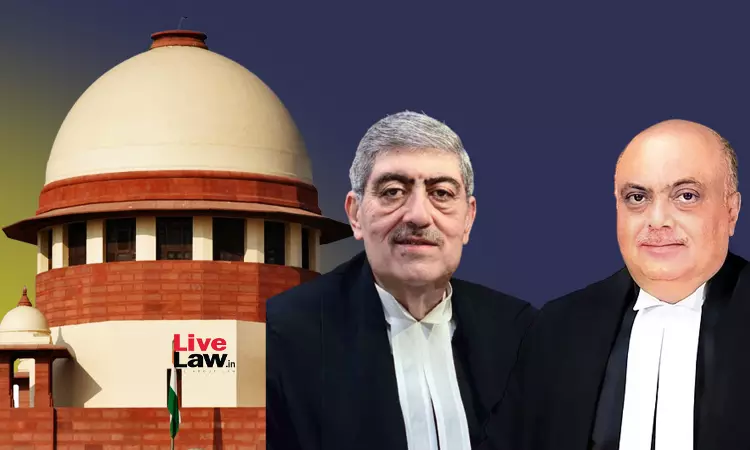Rajasthan Premises (Control of Rent and Eviction) Act 1950 | Though Eviction Suit Can't Be Filed Before 5 Years Of Tenancy, Supreme Court Affirms Decree As It Was Passed After 38 Years
Suraj Kumar
13 July 2023 11:20 AM IST

Next Story
13 July 2023 11:20 AM IST
